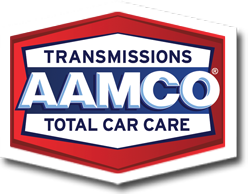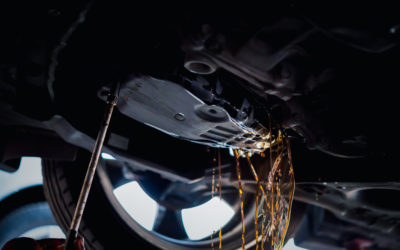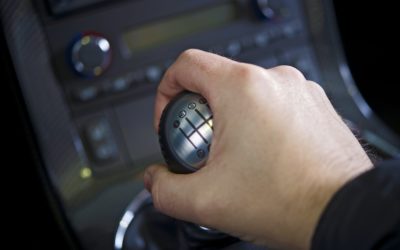The dreaded clutch repair. Whether you’re just starting to notice signs of clutch irregularities or your clutch has completely failed, clutch trouble can cause car owners with manual or dual clutch transmissions a lot of grief. It’s important to know some early signs that your clutch may be wearing out so that you can avoid a major safety issue. If you’re clutch suddenly fails while you’re on the road, you’ll lose the ability to power your car and risk causing much more damage than if you catch it early on.
Related: 3 Auto Repair Maintenance Checks You Should Never Miss
Related: Three Tell-Tale Signs Your Transmission is Failing
Related: 5 Common Car Repairs You Need
Refresh Your Car Here
Bring your vehicle in to AAMCO Louisville today!
Dedicated to saving you thousands and keeping your car healthy. Learn More »
It’s Increasingly Difficult to Change Gears
One of the classic signs of a clutch wearing out is difficulty changing gears. This can manifest in a couple of different ways and can also come up gradually, meaning it can be tricky to catch if you’re not paying attention. If you notice difficulty with changing gears when either upshifting or downshifting, there are a couple of different symptoms if your problem is the clutch disc or pressure plate.
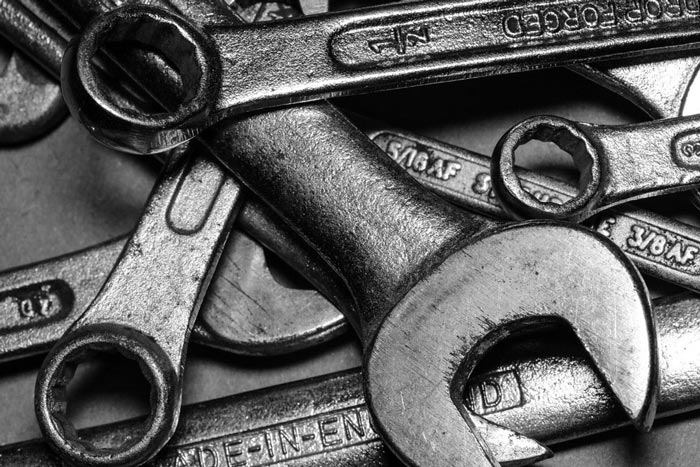
A Worn Clutch Disc Can Make It Difficult to Get Your Transmission in Gear
In a mechanical clutch, having difficulty getting into or out of gear can be a sign that you need a new clutch disc or pressure plate. Both parts contribute to your ability to easily change gears and can become worn and weak over time. This more often applies to certain gears, such as going into first and reverse, since it takes the most effort when first engaging the clutch to the engine on the part of your transmission and clutch.
A Grinding Sound When Changing Gears Points to Your Clutch Disc
Similarly, you may notice a grinding sound when trying to change between gears. This also indicates an issue with the clutch disc. When you hear grinding here, it’s because the clutch disc remains engaged and is not releasing from the engine in order to allow the internal transmission parts to sync up properly. This issue should be taken care of immediately, since it can cause more damage to your clutch and especially inside your transmission, aside from making it difficult to operate your car.
Your Clutch Pedal Doesn’t Feel the Same
Your clutch pedal is your access to engage and disengage l the clutch, so it’s also possible you could notice symptoms there first. Pay attention to whether the pedal engages lower or higher than normal, vibrates, or feels unusual such as very hard, spongy, or soft when you press it.
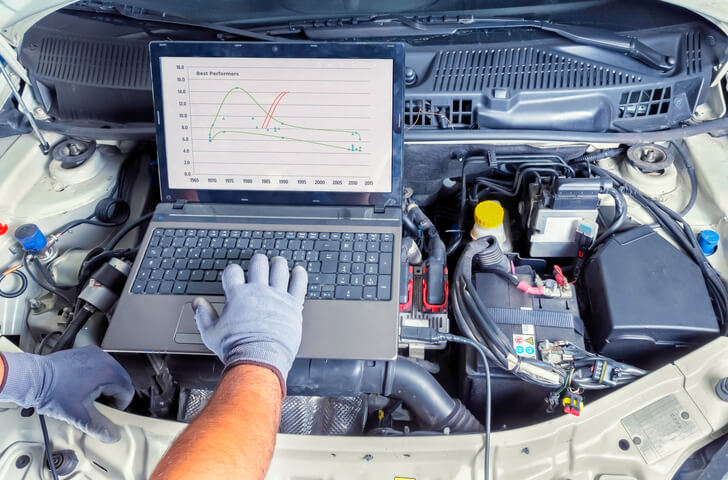
A Vibrating Clutch Pedal is a Cause for Concern
Pay attention when you accelerate. If the clutch pedal seems to vibrate, even intermittently, it can be a sign that you need a clutch repair. There are a number of underlying causes that could be to blame but what’s directly causing the vibration is the clutch disc slipping and causing hot spots on the flywheel.
A Spongy Clutch Pedal Could Point to the Clutch Fluid, Seals, or a Leak
Like a spongy brake pedal, noticing a low, soft, or spongy clutch pedal should be concerning. In a vehicle with a mechanical clutch linkage, this could be the pressure plate, in a hydraulic clutch linkage system, it could be anything from a leak causing air pockets and low fluid to a bad seal in the master cylinder or slave cylinder. No matter what the problem is, it should be diagnosed and repaired as soon as possible.
You Notice Poor Acceleration and More Engine Revving
Your clutch is responsible for transferring energy from your engine to your transmission and to the wheels so that your car can move. If your car is struggling to accelerate and is simultaneously revving more than usual, it could point to a clutch repair. When this happens, you’re probably experiencing a slipping clutch, meaning your clutch is not holding or clamping tight to the flywheel attached to the engine. . This leads to ineffective acceleration and can cause even more serious problems with your clutch, transmission, and engine.
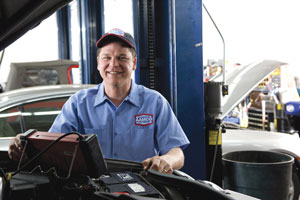
A Slipping Clutch Can Point to Several Different Necessary Clutch Repairs
The likely causes for a slipping clutch are the pressure plate, clutch friction disc, or clutch linkage. These parts help maintain the necessary pressure and friction to keep your engine engaged with your transmission and in gear. If they’ve worn out, are damaged, leaking, or misadjusted, they won’t be able to do that job and you’ll notice slipping and eventual damage.
Problem’s with Your Car’s Clutch? Call AAMCO Louisville
No one wants to hear, “You need a clutch repair.” But at AAMCO Louisville, we make sure the process of vehicle repairs etting your clutch repaired is the least stressful as possible. We know the inconvenience and cost can throw a wrench in your plans But we can help make it as easy and cost effective as possible. Give us a call and see how we can help, from free towing to your nearest location to financing options.
Troubleshooting Transmission Shifting Issues
Transmission problems can run the gamut from new noises to difficult shifting. The first step to fixing the issue is to understand what may be going on inside the transmission, whether it’s a problem with fluid or worn components. Don’t let shifting issues continue —...
read moreFluid Fiasco: Diagnosing and Next Steps for Transmission Leaks
From small drips to big puddles, car fluid leaks of any size can cause problems. Like many of your car’s systems, the transmission relies on adequate fluid. When the transmission is operating as it should, fluid provides both lubrication and hydraulic pressure. That...
read moreClutch Conundrum: Unveiling the Telltale Signs of a Worn-Out Clutch
When easy shifting turns to grinding gears, it’s time to take a look at your car’s clutch. This system is essential to keep your vehicle moving. The clutch is responsible for facilitating each gear shift, which determines how much torque is sent to the drive wheels to...
read more